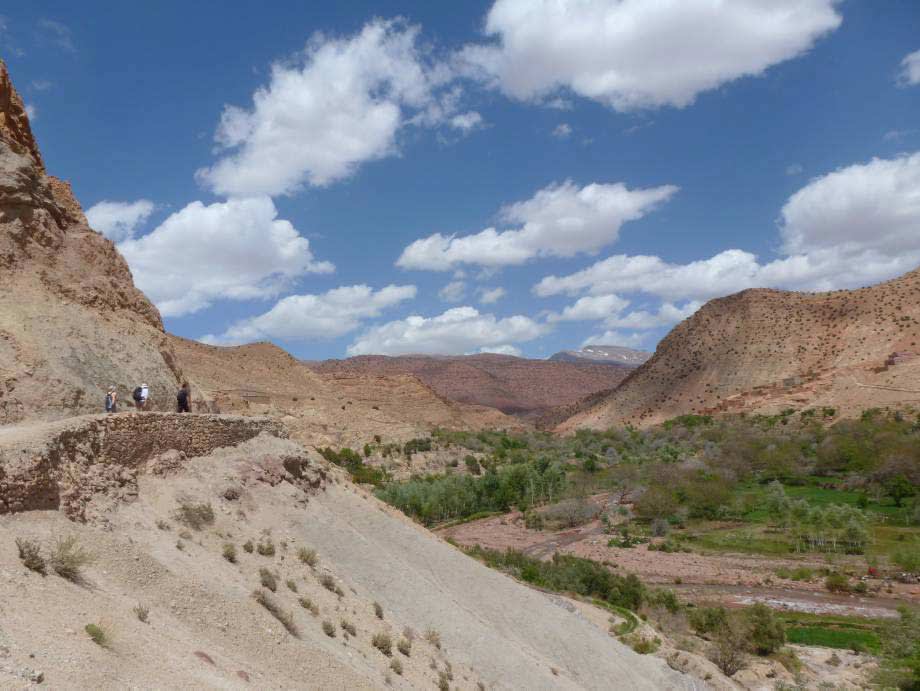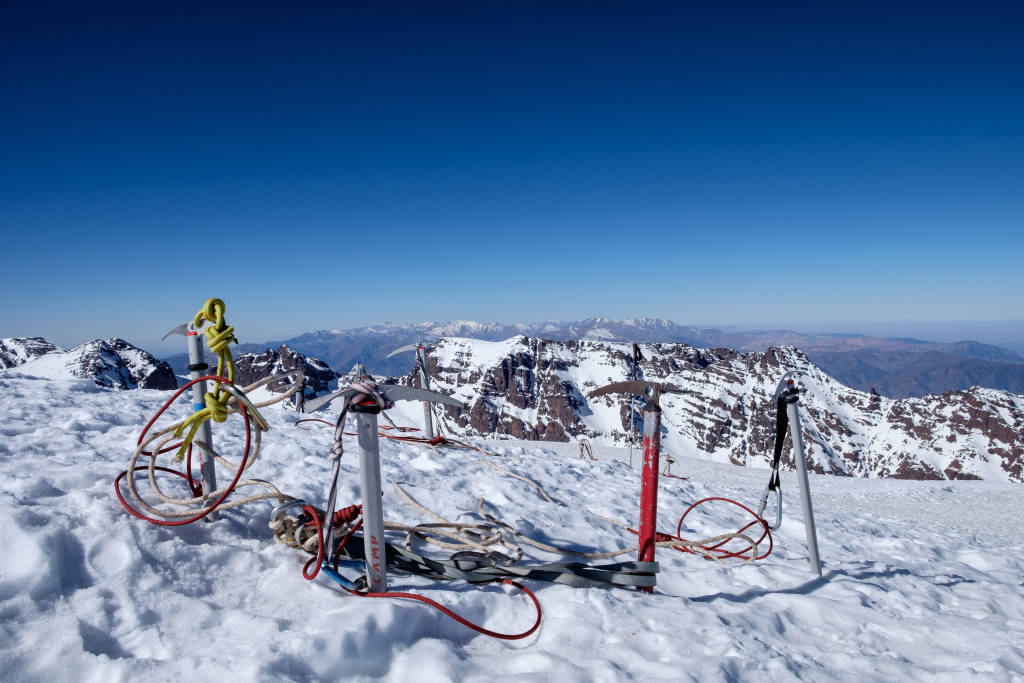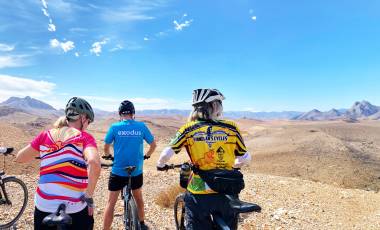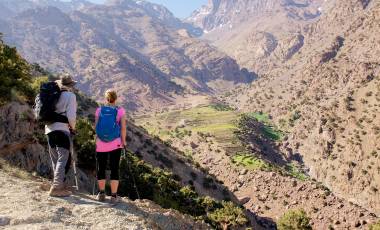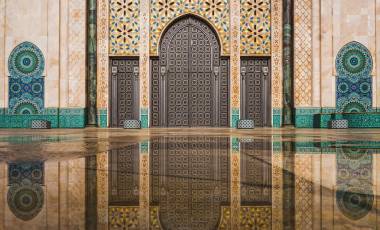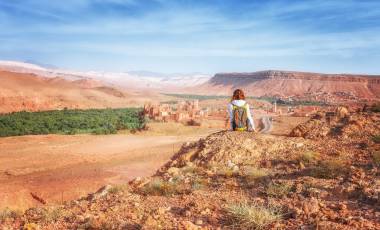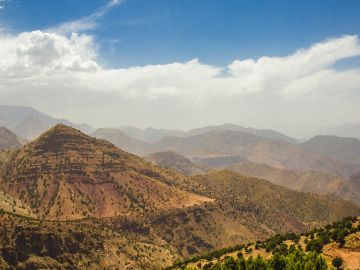
Empowering Female Leaders in Morocco
Read time – 5 minutes
Improving the gender balance of leaders in adventure travel isn’t easy – and takes a lot longer than you might think. Exodus is changing the face of adventure travel forever, by tackling head-on the gender parity of our leaders. But this isn’t a simple overnight change.
Equal Opportunities
Tourism can bring immense benefits for local employment, but one of the challenges of sustainable travel is making sure those benefits are spread evenly amongst a community – especially to those who traditionally haven’t had access to the same opportunities. This is the case with our campaign to train, hire and ultimately promote women amongst our leaders in Morocco.
Because we’re striving for long-term, sustainable change, we’re not rushing in like a bull in a china shop; we’re talking with operators, finding out what the barriers are, and finding ways to remove them whilst respecting local culture and traditions. In short, finding ways to create a change – for good.
Behind the scenes, Exodus has been striving to find ways to improve the gender parity amongst our leaders and staff. Which is why when we realised that we didn’t have any women leading tours in Morocco, we wanted to consider the problem from all angles, and see what could be done.
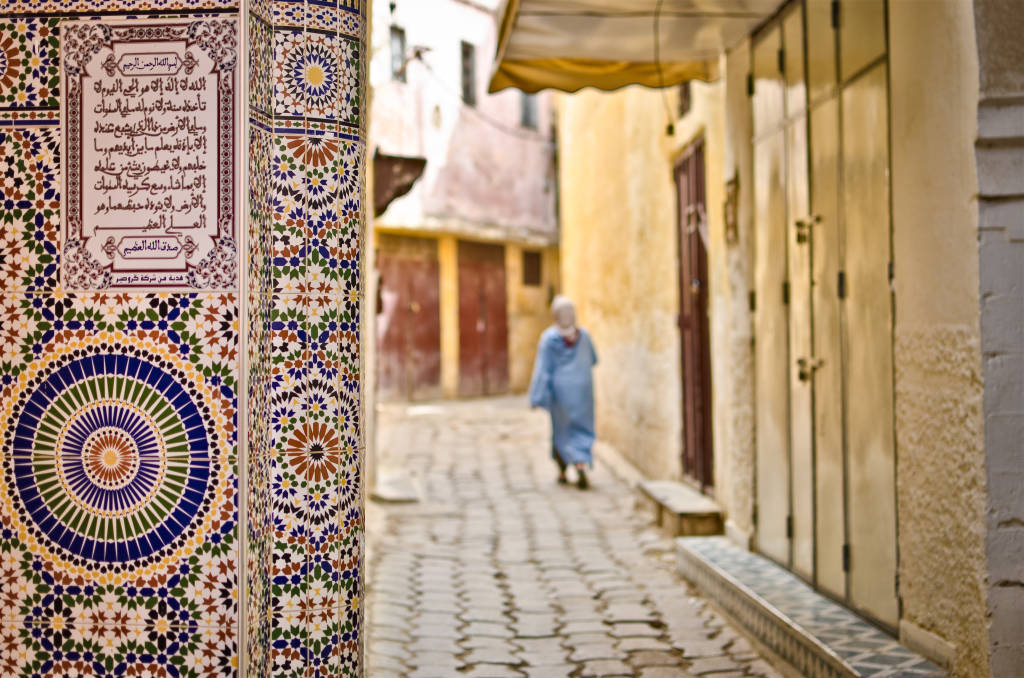
Back streets of Morocco
But it’s a tricky task ahead of us – and it’s more complex than it might at first seem. In many countries, traditional gender roles still hold women back; it’s hard to overcome these cultural barriers of what constitutes ‘appropriate’ work for women. Despite this, we still found a number of women in Morocco who were keen to train as leaders. But that was just step one of a longer process.
“It’s not as simple as just hiring more women,” explains Tom Harari, Responsible Tourism manager at Exodus. “To be an Exodus leader, you need to be highly trained and qualified, and even then, normally we hire guides who already have some years’ experience under their belts.
It’s a slow process, and a difficult one to accelerate. We’re proud of the exceptionally high standards our leaders set, and we have to be sure all our guides are fully trained before they start leading our tours, many of which go through some challenging environments and activities that we have to get right. It’s not fair to send a new leader into the field before they’re ready.”
In Morocco specifically, there are even more factors to consider. To lead in Morocco, you must obtain a government license – the number of trekking guides in the country is limited to around 1,000 – and in order to apply, a potential leader must have a high school diploma.
In rural mountain areas where the vast majority of mountain guides come from, communities are more conservative, and levels of education for women are incredibly low – around 80% are not even taught to read and write, let alone are educated to diploma standard. The odds are stacked against us before we even begin.
As with all things, travel doesn’t exist in a vacuum. Trying to effect change at this level is about more than just who we hire; it’s about setting a standard we hold ourselves accountable to.
“The place of women in countries that have more traditional ideas about gender, such as Morocco, is often seen in the kitchen and dealing with domestic work. Being a tour leader isn’t seen as suitable for women as it involves spending nights out in hotel rooms with foreign travellers.
Even taking this cultural context into account, we know that there was a lot of interest from women to be tour leaders, and with some encouragement and support they could excel in the role.” This is the view of our operations team in Morocco, but it could be said about many of our destinations across the world. We know female leaders can be brilliant – if given the chance.
Exploring Morocco
What are we doing to tackle the problem?
In the mountains, we’re making progress. Our experienced male trekking guides are in place training two of the youngest female guides who have only just been licenced by the Moroccan government.
To help these promising young leaders to learn quickly, we’re sending them on shadowing trips to gain real, practical experience of leading in the mountains – and this on-the-job training will continue “until they’re 100% ready to take on an Exodus group.”
We’re hopeful, but even with this intense approach, it will take at least one full season (a year) to train a leader up to the standard we hold our guides to, even longer for specialist adventures in the High Atlas Mountains, where winter trips summiting peaks require even more skills.
In the cities, the views are less conservative – and it’s easier for women to train as city guides, because they’re able to come back to their own home every night, which lessens the concern from their families.
Our popular Highlights of Morocco tour will soon benefit from the work of female city guides, and often this role proves a stepping stone for leaders of all genders to move on to week-long Exodus trips.
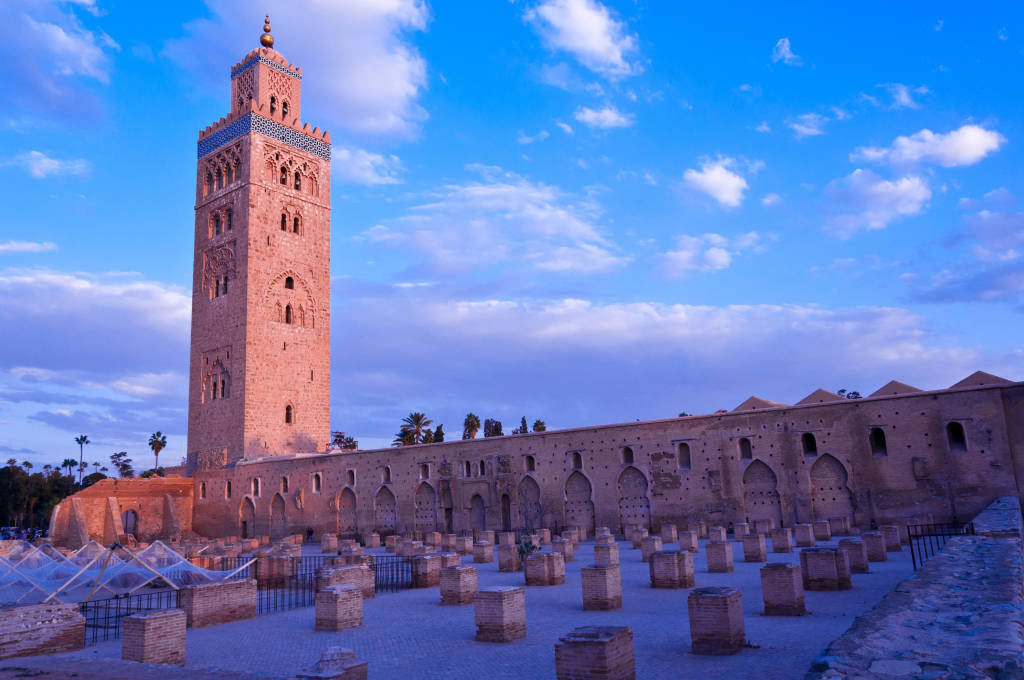
Koutoubia Mosque
Increasingly, there is more pressure on the Ministry of Tourism to relax the restrictions around the guiding licenses. With tourism a strong economic benefit, there’s good reason to believe that the government will be willing to issue more licenses, and with the right encouragement more bright and talented young women will be able to grab the opportunity with both hands. And when that happens, we’ll be first in line to congratulate them.
It’s not just in Morocco where we’re taking this initiative, but around the world. Keep your eyes peeled for more progress from us over the next few years.
Discover Morocco with our tours below.

